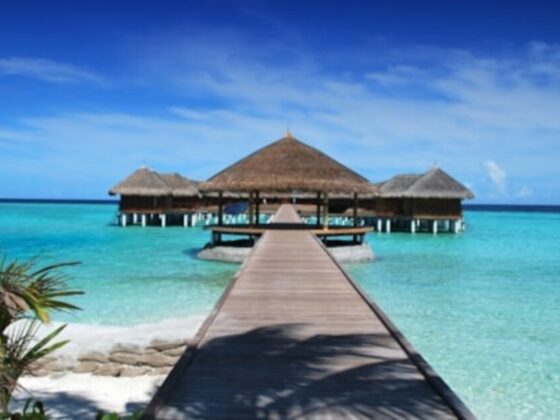Economics is essential in the hospitality industry because it helps businesses understand and respond to market dynamics, optimise resource allocation, and make informed financial decisions. These principles also allow companies to adapt to fluctuations in tourism and global economic conditions. A solid grasp of economics enables hospitality professionals to operate efficiently and competitively in a dynamic and often unpredictable environment. By studying economics, we gain insights into how markets function, how prices are determined, and how policies can influence employment, inflation, and economic growth. It also equips us to critically assess trade-offs, evaluate costs and benefits, and make informed decisions in both personal and societal contexts to understand how individuals, businesses, and governments allocate limited resources. Economics also provides a framework for addressing pressing global challenges such as inequality, financial stability and sustainability.
In the previous articles, we explored key economic concepts that were often overlooked or misunderstood. In Part 1, we began by examining the stock exchange and bond market, and how these financial systems connect to broader themes such as tariffs, trade, trust, and tourism. In Part 2, we delved into trade benefits and introduced the foundational idea of comparative advantage. In this article, I will focus on a closely related concept: competitive advantage.
In the early 1800s, David Ricardo discussed comparative advantage and how mutually beneficial trade was possible by applying the principles of specialisation and free trade. While this concept may seem “too romantic” to some of us, there is a key takeaway: it is possible to create a win-win situation if the participants want to and can see beyond short-term profit maximisation. On the other hand, this may create significant dependencies (implying risks) and, due to modern global supply chains, may keep certain countries with cheap labour, causing countries to specialise in exporting primary commodities and raw materials, which can trap them in low-wage economies due to unfavourable terms of trade.
Nevertheless, the philosophy of comparative advantage offers many takeaways that can help people think and focus on common wins.
On the other hand, Porter’s idea of competitive advantage (created a century later) tries to address some of the shortcomings of comparative advantage by adding a more company-related twist. “A firm is said to have a competitive advantage when it is implementing a value-creating strategy not simultaneously being implemented by any current or potential player.” He envisioned this happening either by cost advantage, differentiation or focus. A cost advantage occurs when a company can offer the same products or services as its competitors but at a lower cost. A differentiation advantage arises when a company delivers different/unique products or services that better meet the specific needs of its customers compared to those of its competitors. The focus strategy can also be called the segmentation strategy, which includes geographic, demographic or behavioural segmentation.
The idea of competition / competitive advantage is strongly business-oriented and focuses on profit maximisation strategies. A competitive strategy is defined as a company’s long-term plan to gain a competitive advantage over its competitors in the industry. It aims to create a defensive position (a strong, sustainable market standing that protects the company from competitive pressures) in an industry and generate a superior ROI.
Interestingly, we’ve ended up with two closely related terms: comparative advantage and competitive advantage, used in different contexts: one rooted in international economics, the other in business strategy. They’re strikingly similar in wording, yet conceptually, they can be both remarkably close and fundamentally different simultaneously.
What do you think? Were you already aware of these distinctions when shaping your business strategies? I’d love to hear your perspective.










